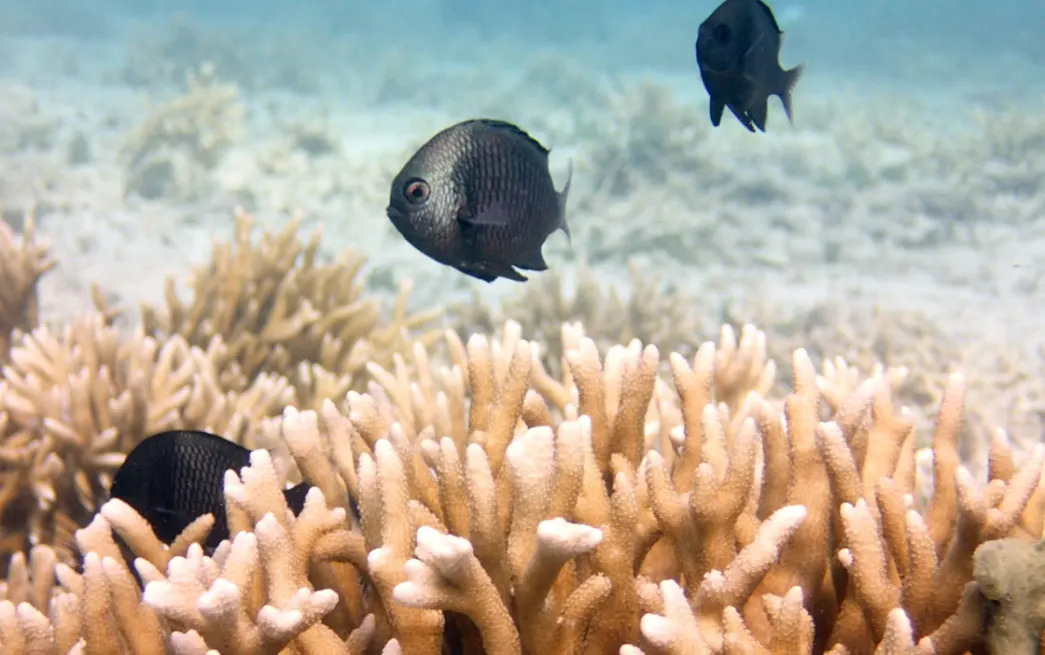Climate change is now one of the biggest threats to humanity, affecting all areas around the globe, particularly the Southeast Asian region. Of all the countries in this region, the Maldives has faced significant challenges like soil erosion, the loss of beaches and extreme weather events. Despite these challenges, the island nation has been proactive in combating climate change through several green initiatives that involve the government authorities, non-profit organisations and the local communities.

The ‘Waste to Energy’ Project
The management of solid waste in the Maldives has been a significant issue due to the islands being remote and dispersed over a larger area. To combat this issue, in 2021 the Maldives launched the Greater Malé Waste to Energy Project, which is the largest waste management initiative in the country. As part of this project, a regional solid waste management system is being developed from the greater Male region to the Ari and Vaavu Atolls to facilitate the proper collection, storage and transportation of waste to the waste management facility on Thilafushi Island.
Minimising Single-Use Plastics
Following the nationwide bans on the use of single-use plastics in schools and the import of single-use plastics, the Maldives has been actively promoting the use of reusable plastic bottles, bags and shopping bags. To further spread awareness, children have been given a significant role as the main drivers of these campaigns. Most notably in 2022, the Ministry of Education and MOH in Maldives held a national recycled art and story competition, open to students from grade 1 to 9 in all schools. The contest was successful in generating favourable responses and created a community focus on the impacts of climate change and the importance of sustainable solutions.
Green Smart Island
The Green Smart Island initiative was set up as a pilot project across four islands with the aim of creating green cities and islands that are eco-friendly. In addition to providing clean air, water and land, the initiative also aimed to encourage sustainable modes of transportation and promote green agriculture, whereby the use of chemical fertilisers and pesticides is reduced. The project also conceptualised plans to create green spaces like parks and outdoor recreational areas to improve the mental, physical and social well-being of the people
Promoting Green Power
Diesel generators have long been the source of power in the Maldives. However, as they cause pollution and the emission of greenhouse gases, initiatives have been made to install solar panels in the greater Male region. Furthermore, with the aim of converting diesel-based energy systems to hybrid-solar-diesel systems, the Maldives established the Preparing Outer Islands for Sustainable Energy Development (POISED) project in 2014. The concept of hybrid systems resulted in an average fuel saving of 25%. Furthermore, as part of the Green Smart Island Project, efforts were made to communicate with planners and architects to encourage the use of designs that require less lighting and cooling in homes and workplaces, and to focus on installing solar panels on government buildings.
Marine Conservation Efforts
The oceans and their marine life contribute significantly to the economy of Maldives. However, in recent years, these underwater ecosystems and their marine life have faced significant threats due to climate change and unregulated human activity. In response to this, organisations like the Manta Trust and The Olive Ridley Project have partnered with several hotels and resorts to safeguard marine animals like Manta Rays and Sea Turtles respectively. Other resorts like Anantara Veli Maldives Resort known to be a popular Maldives resort on water, have partnered with experts at Coral Reef CPR to create the Holistic Approach to Reef Protection to ensure the protection and revival of reefs that play a crucial role in marine ecosystems.

